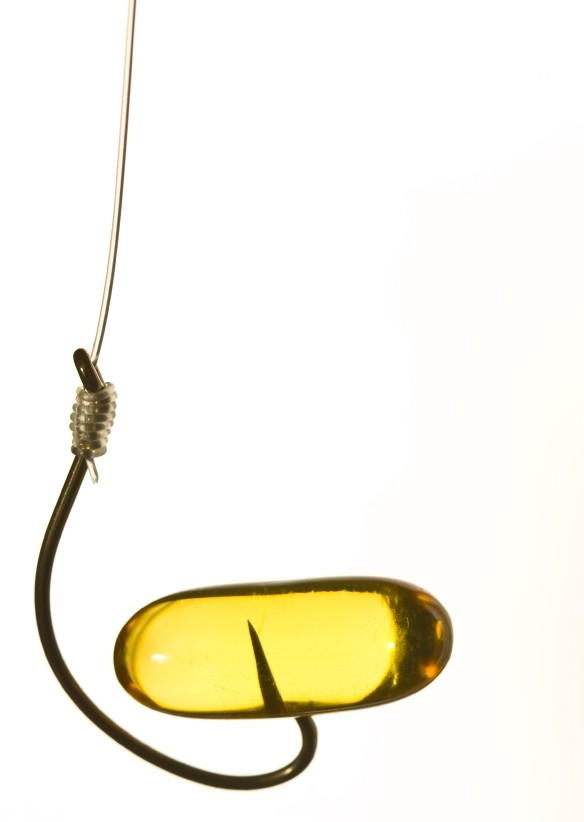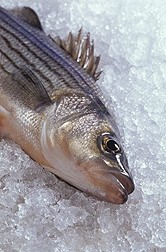Norway: No high-dose omega-3 adverse effects

The Norwegian Scientific Committee for Food Safety (VKM) surveyed dosage levels and effects for a host of conditions including bleeding times; lipid peroxidation; inflammation and immunity; glucose metabolism and gastrointestinal disturbances.
After surveying the literature, they found that adverse effects were not present below 6.9g for bleeding times and concluded: "no tolerable upper intake level could be established."
“Overall, the report supports the assertion that normal intakes of EPA and DHA are safe, and even at the higher pharmaceutical dosages in use today, only minor issues have been observed,” said omega-3 trade group, the Global Organization for EPA and DHA Omega-3s (GOED).
Other negative effects were referenced in selected trials at 3.5g for lipid peroxidation; 5g for certain inflammation markers and 6g for gastrointestinal issues.
No need for an upper intake level
“Negative health effects regarding gastrointestinal function, including abdominal cramps, flatulence, eructation, vomiting and diarrhea, have been reported, but seem to be associated with intake of an oily substance and not ascribed specifically to EPA and/or DHA,” the VKM report concluded.
“Based on the reviewed literature, it is not possible to identify clear adverse effects from EPA and/or DHA, which can be used for setting tolerable upper intake levels.”
Of ALA it said: “In the studies investigating ALA, no negative health effects have been observed. Intake of ALA from linseed oil and margarine up to 8g/day in addition to the contribution from a Western diet has not shown any negative health effects and it is therefore no rationale to set an upper tolerable intake level for ALA.”
But it said omega-3 health benefits were down to EPA and DHA, not ALA directly.
The report can be found here.














